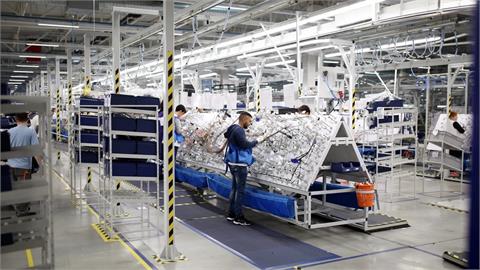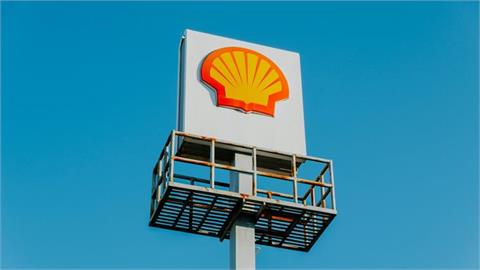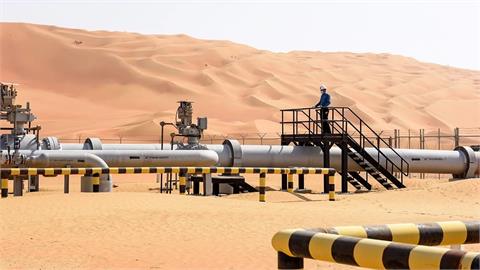The EU decided to fund the subsea power cable between Cyprus and the Greek island of Crete with EUR 657 million. It is part of the EuroAsia Interconnector, which should link Israel with the European grid.
European Union member states agreed to the European Commission’s proposal to grant EUR 1.04 billion for four cross-border energy infrastructure projects and one study. The biggest chunk, EUR 657 million, will go to the planned submarine cable between Cyprus and the Greek island of Crete.
The EU’s executive arm said it expects to formally approve the funding, within the Connecting Europe Facility (CEF) for trans-European energy networks, in the coming weeks. The grant mechanism is for projects of common interest or PCIs.
End to energy isolation of Cyprus
“Recent months have reminded us again how crucial a well-integrated EU energy market is for ensuring affordable energy and security of supply, as well as the clean energy transition… I want to particularly highlight the EuroAsia Interconnector, that will bring an end to the energy isolation of Cyprus and link it to the rest of Europe,” European Commissioner for Energy Kadri Simson said.
Cyprus also set aside EUR 100 million for the endeavor from its National Resilience and Recovery Plan. The entire EuroAsia Interconnector is valued at almost EUR 1.6 billion.
The entire EuroAsia Interconnector is valued at almost EUR 1.6 billion
The EU grant is intended for installing a two-way link between the transmission networks of Cyprus and Greece. The 898 kilometers of undersea cables at a maximum sea depth of 3,000 meters will set new world records for a project of this kind, the commissioners stressed.
Crete, Israel and Cyprus are planned to be linked with direct current (DC) submarine cables and with high-voltage direct current or HVDC converter stations at each connection point. The plan is to install the interconnector with a total capacity of 1 GW and the capability of doubling it. Total length is seen at 1,208 kilometers.
Construction is set to start this year, with an ambition to complete it in 2025 and power it by mid-2026. However, the project’s website still refers to December of next year as the deadlines for both the Crete-Cyprus and Cyprus-Israel sections.
Turkey protested against the EuroAsia Interconnector in March, arguing that it would pass through its continental shelf and that any works require its permission.
Greece, Cyprus both want separate undersea links to Egypt
Greece already finished the first of two planned links between Crete and the mainland. There are also projects for undersea cables between Egypt and Cyprus – the EuroAfrica Interconnector, and between Egypt and Greece.
Within the CEF, the EU earmarked EUR 170 million for the second phase of the Baltic Synchronisation project: grid reinforcement in Poland and upgrading the transmission infrastructure in Lithuania, Latvia and Estonia. The mechanism will support the Aurora line, the third transmission line between Sweden and Finland, with EUR 127 million.
The project for increasing the capacity of the Chiren gas storage facility in Bulgaria is getting EUR 78 million. The remaining EUR 4 million is for a study for phase two of the Northern Lights carbon dioxide transport and temporary storage endeavor in Norway.
(balkangreenenergynews.com, January 28, 2022)



